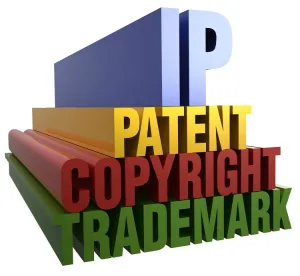Addressing the appropriate application of the one-year time bar for filing an inter partes review (IPR), the Patent Trial and Appeal Board (PTAB) concluded that the time bar of 35 USC § 315(b) is not triggered by a government contractor’s involvement in patent infringement proceedings against the US government in the US Court of Federal Claims (CFC). AM General LLC v. UUSI LLC, Case No. IPR2016-01049 (PTAB, Nov. 7, 2016) (Rice, APJ).
UUSI is the owner of a patent directed to a glow plug controller system that assists in starting a diesel engine. UUSI asserted this patent against the US government in a CFC action arising under 28 USC § 1498. The petitioner and government contractor, AM General, separately filed an IPR petition against three claims of the asserted patent.
In its preliminary response, UUSI argued that AM General lacked standing to file an IPR petition based on the one-year bar of § 315(b). Specifically, UUSI argued that the time bar arose because AM General’s IPR petition was filed more than one year after the government (which UUSI argued is in privity with AM General) was served with a complaint in the CFC alleging infringement of the patent at issue (under 28 USC § 1498), and that AM General, as an interested party to the CFC proceeding, was served with a Rule 14 Notice/Summons with a copy of the complaint, and also with the amended complaint. The PTAB rejected both arguments.
First, the PTAB found that AM General was not in privity with the government because AM General did not have a full and fair opportunity to litigate the invalidity issues in the CFC action and lacks the right to appeal the CFC’s final judgment. In addition, UUSI failed to present sufficient evidence showing that AM General is controlling the CFC action. The PTAB also found that AM General’s indemnification of the government in the CFC action does not create a privity relationship between the two parties, as the mere existence of the agreement does not establish that the government has the opportunity to control the IPR proceeding, in particular where, as here, there is no evidence that AM General must defend the claim against the government.
Second, the PTAB found that service of a Rule 14 Notice/Summons and a copy of the complaint does not establish that AM General was “served with a complaint alleging infringement of the patent” within the meaning of § 315(b). The PTAB explained that the § 315(b) time-bar does not apply to a third party who was not a defendant but merely appeared in the litigation for the purpose of responding to the subpoena. Here, although AM General was served with a copy of the complaint, the PTAB concluded that AM General is no more than a nominal defendant in the CFC action because there is no claim before the CFC that is directed against AM General. In addition, the PTAB noted that the CFC judgment cannot support the assertion of issue preclusion against AM General by either the government or UUSI.



 />i
/>i

